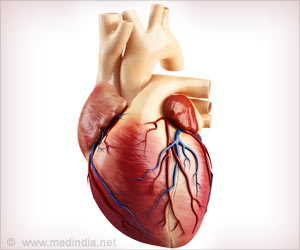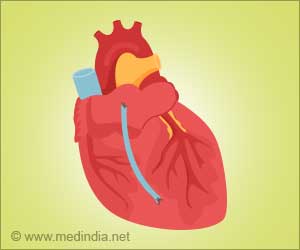An inexpensive iPhone application developed by scientists rapidly diagnose certain types of heart attacks before patients get to the hospital.

A critical step in prompt, effective STEMI treatment is rapid transmission of an electrocardiogram (ECG) image from emergency medical personnel on site with a patient directly to the hospital to be viewed by a doctor.
The ECG may show evidence of a heart attack, allowing doctors to prepare for immediate treatment upon the patient's arrival.
Traditionally, ECG images are sent through specialized commercial systems. Some hospitals use cell phones to take photos of ECGs, which require large files to maintain clarity and can be slow and unreliable, particularly in signal-limited environments.
"Simple cellular technology can save lives," David R. Burt, M.D., the study's lead author and an associate professor of emergency medicine at the University of Virginia School of Medicine in Charlottesville said.
"This system may make pre-hospital ECG transmission a more inexpensive and reliable option. That can translate to faster treatment and saved lives," he said.
Advertisement
The app's failure rate at 120 seconds was less than 0.5 percent, compared to a 3 percent to 71 percent e-mail failure rate.
Advertisement
They tested the app more than 1,500 times with Sprint, AT and T, and Verizon in an urban area.
The researchers are currently testing the app in rural areas with limited cell-phone access and in comparison with commercial proprietary systems.
Source-ANI












